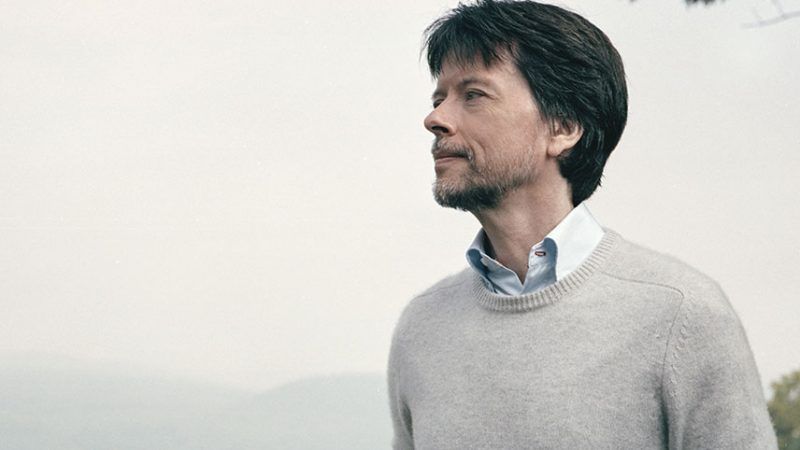Documentarian Ken Burns on How Vietnam Explains the Current Political Moment


Filmmaker Ken Burns is best known as the disembodied voice accompanying black-and-white photographs of everything from baseball players to whiskey bootleggers to Confederate soldiers. This fall, he's back with a new 10-part documentary for PBS, The Vietnam War, created with longtime collaborator Lynn Novick. In June, Reason's Nick Gillespie sat down with Burns to discuss the project.
Q: Why should we be talking about Vietnam now?
A: We think it's the most important event in American history in the second half of the 20th century. If we want to understand the political divisions and the lack of civil discourse that bedevils us today, the seeds of that were planted in Vietnam. If you could unpack the fraudulence of the conventional wisdom, and repack it benefiting from the testimony of people who lived through it and the recent scholarship that has taken place—and also to triangulate with the South Vietnamese and North Vietnamese perspectives, which are almost always left behind—you have an opportunity to understand it better and maybe pull out some of these fuel rods of discourse.
Q: In one scene from the documentary, General Westmoreland goes on TV and says, "I can give you a bunch of statistics on how we're winning," and it's like, "We're shooting this many bullets." But there was no real indicator of what success would look like.
A: Part of the tragedy is that many people in government, at high policy levels, understood this and did not reflect it. You can hear in the tapes the anguish of [Lyndon Johnson] or the anguish of Richard Nixon, and then they both go out the next day and say the exact opposite of what's going on.
Q: Looking back, the access that reporters got to troops in the field during Vietnam is stunning.
A: This is the key ingredient. During World War II, [press access] was really limited. In Vietnam, you got your credentials, you promised not to betray ongoing operations, and you were free. What happened is that the Vietnam War revealed itself to the press and they reported it back to the United States.
What the military learned is: We're not doing that anymore. So the "embed" idea is a way of babysitting a journalist. You're not going to ever get to watch [the war] as Morley Safer did: soldiers burning a village in retaliation for the fact that they'd received some fire from there, and then quite frankly saying, "We have no feeling for these people," even though the obvious calculus is that if you destroy the village you are creating more enemies.
Q: In one episode, the Marine Karl Marlantes says, "Think about how many times we get ourselves into scrapes as a nation because we are always the good guys. Sometimes I think that if we thought we weren't always the good guys, we might actually get into less wars." Has America changed its self-image when it comes to military interventions?
A: You know, we learned some lessons, and the military was very anxious to apply those lessons with Desert Storm [the 1991 invasion of Iraq]: to have a very clear rationale, a very clear sense of beginning, and middle, and end.
Q: And the importance of having a wide, multinational consensus.
A: Right, and we had a clear enemy who had done a bad thing, invaded another country, so it hearkened back to other very clear, delineated world wars that we fought.
But it's the policy makers who actually succumb, for domestic political considerations, but also because of sentimentality.…Our memories are very short with regard to the cost of war.
This interview has been condensed and edited for style and clarity.
This article originally appeared in print under the headline "Documentarian Ken Burns on How Vietnam Explains the Current Political Moment."


Show Comments (32)